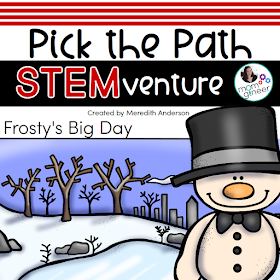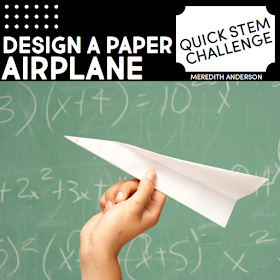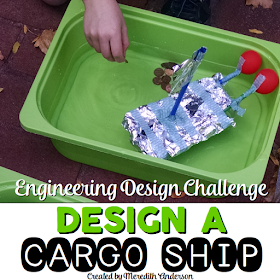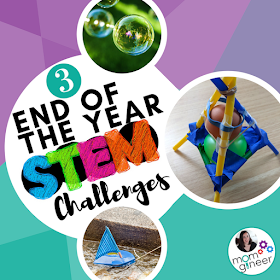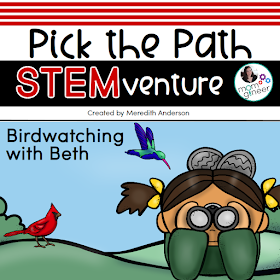STEM Activities for Frosty the Snowman
STEM That is Easy to Implement
This story is one of my favorites of the "Pick Your Path STEMventure" series. This story is about beloved Frosty, and helping to make his day the BEST.DAY.EVER. Students decide how they want the story to progress; in completing the story students will complete 3-4 challenges. The story not only guides students through the engineering design process, it includes design constraints and areas for them to fill in their thoughts, plans, and testing data. However, you don't need the resource in order to do just the building parts. Read on to find some fun and creative STEM activities you can do to make Frosty the snowman have a great day!If you do use the resource I created, students will read through a story about Frosty, and then choose where they would like him to go. Depending on their choice, they will encounter different STEM challenges along the way.
Sled STEM Challenge
Sleds are an excellent tool to teach students about force and motion, potential and kinetic energy, and friction. Can your students design and create a sled that Frosty can fit in and use? You could use a mini figure or paper Frosty as shown:Race sleds down a cardboard box on a slope, or use a large sheet of plastic cardboard (find at your local hardware store). It makes a great snow hill! Try different materials to see which ones travel best downhill. Shown are legos, and a section of plastic egg carton covered with vinyl tablecloth.
An Unlikely Winter STEM Challenge - Hammock
Why would Frosty need a hammock? Well, you'd have to read the story to find out. This is a simple challenge that kids always love. Who doesn't love relaxing in a hammock?Do you want to build a snow-less snowman?
Find this STEM Resource on Teachers pay Teachers
If you would like to use the story and printables I've created, you can find them on Teachers pay Teachers at this link, Snowman STEMventure:or save these ideas for later by pinning this on Pinterest:






